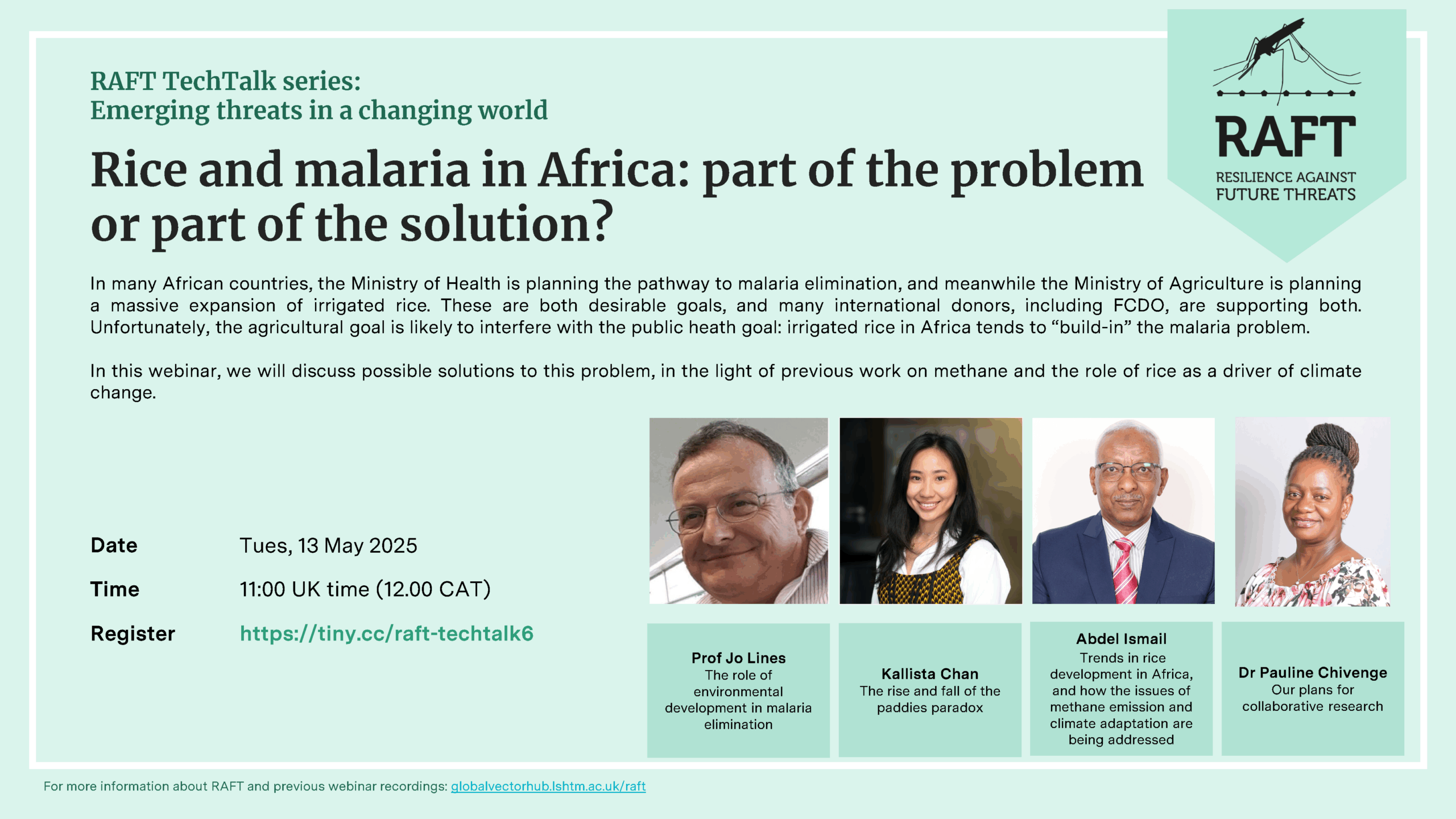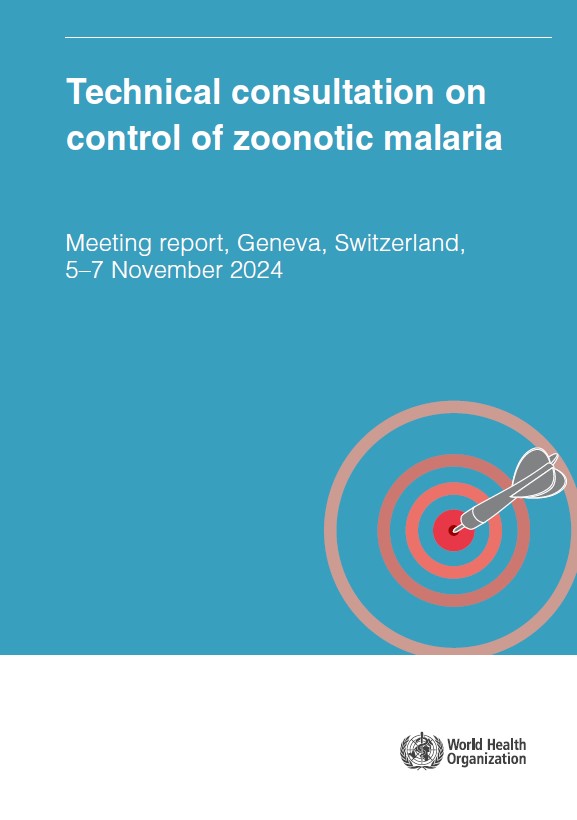Last Updated: 13/08/2025
Molecular mechanisms of thermotolerance in the major malaria vectors and its predicted impact on ecological adaption to climate change, fitness and insecticide-based control tools
Objectives
This project will:
- Establish molecular/functional mechanisms of thermotolerance and its markers in the major African malaria vectors, An. coluzzii and An. gambiae,
- Identify how thermotolerance and its markers modify their epidemiologically important ecological traits, and
- Establish the operational impact of thermotolerance adaptation on the efficacy of major malaria control tools – the long-lasting insecticidal bed nets and indoor residual spraying ingredient.
Global temperatures are increasing due to climate change, allowing insects such as the malaria-transmitting Anopheles mosquitoes to expand into new habitats. Temperature impacts Anopheles’ life traits; it accelerates development rate, modifies longevity and fecundity, and regulates malaria parasite development rate. High temperatures have been shown to reduce the efficacy of several public health insecticides in Anopheles. However, temperature extremes harm/kill mosquitoes, forcing them to evolve genetically to tolerate high temperatures (thermotolerance) or to exhibit plastic (phenotypic) responses, such as aestivation and long-distance migrations, to survive. As the evolutionary/genetic changes can have pleiotropic or linkage- based effects on the life traits of Anopheles, such as behaviour, Plasmodium susceptibility, and resistance to insecticides, adaptation to climate change is likely to impact malaria control and elimination efforts. This project will promote evidence-based malaria control measures and resistance management by decision-makers.
Jun 2023 — May 2031
$1.31M


